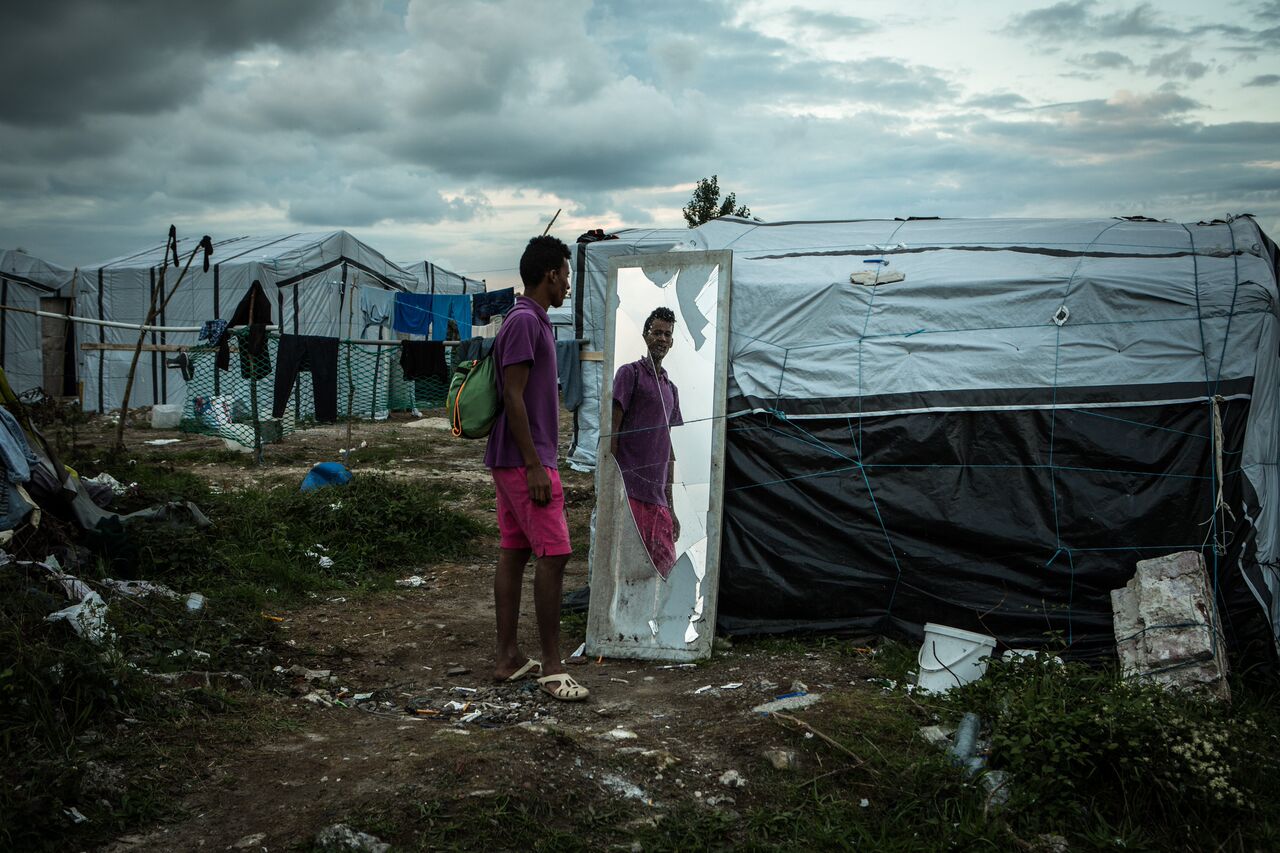Legal challenge begins over unaccompanied child refugees

Photograph by CalAid director, James Fisher (www.facebook.com/JoinCalAid)
A legal challenge to the Government’s failure to implement the Dubs Amendment begins today in the High Court.
The charity Help Refugees is represented by Leigh Day solicitors will argue that the government’s closure of the Dubs scheme, after so few children have so far benefited from it, constitutes a failure to implement the amendment properly.
The Dubs Amendment, otherwise known as section 67 of the 2016 Immigration Act, requires the government to make arrangements ‘as soon as possible’ after the passing of the Immigration Act (on 31 May 2016) to relocate and support a ‘specified number’ of unaccompanied refugee children from Europe. The Government is required to consult with local authorities to determine the number of children to be relocated under the scheme, which was devised in response to the 2015 refugee crisis in Europe, deemed to be the worst such crisis seen since the Second World War.
Whilst the Dubs scheme was set to close in February of this year amid much disappointment, the government was forced to admit in April that it ‘missed’ 130 local authority places for children due to an ‘administrative error’, and accordingly to raise the original number of 350 children to 480. Campaigners had originally hoped that up to 3,000 children would be brought to the UK under the scheme – still a fraction of the estimated 95,000 children unaccompanied throughout Europe, seeking asylum.
Help Refugees are challenging the Home Secretary, Amber Rudd, over the government’s failure to comply properly with its duty under the Dubs Amendment, arguing that the Government unlawfully omitted evidence of hundreds more places for children to be relocated in order to calculate the ‘specified number’ of 350 – later revised to 480 – children to come under the scheme, and that the Government failed to fulfil the Dubs Amendment’s requirement that action to relocate and support these children must come ‘as soon as possible’ – only around 200 children have so far been relocated from Calais to the UK in just over a year, and there are still relocations from Greece and Italy to go.
The architect of the scheme, Lord Alf Dubs, a former child refugee himself, said that the government’s ‘inadequate consultation’, ‘woefully low number’ and ‘the appallingly slow pace of relocations’ were ‘all indicative of a level of incompetence in the current government that’s verging on deep cynicism’.
‘The Government’s foot-dragging is putting refugee children’s lives at risk. That is why this legal challenge is so very important. What these children need is a helping hand, similar to the one Britain lent me when I was a boy. I wasn’t left alone to live in camps or on the streets of Europe. I was saved by Britain and its people.’
Lord Alf Dubs
‘The Government’s consultation with local authorities was seriously flawed,’ commented Rosa Curling, a human rights solicitor from Leigh Day. ‘We are asking the Court to order the Government to reopen the consultation so that national capacity to assist these children can be properly assessed.”
Help Refugees is challenging the Government’s policy that children will only qualify for relocation under the Dubs scheme if the children were in Europe before 20 March 2016, as the Government’s prolonged delay in implementing the Dubs Amendment renders this cut-off point unjustified and, according to Help Refugees, unlawful.
Josie Naughton, founder of Help Refugees, said that they were taking the action ‘because lone refugee children in Europe are sleeping in woods, on streets and in acutely underequipped refugee camps in danger of the worst kinds of abuses’. ‘In May 2016, a law was put in place to help protect these children, but for over a year Amber Rudd and the Home Office have put children’s safety at risk by failing to uphold it. There are hundreds more local authority spaces available for these children and the Home Office knows it,’ she said.






